Рейтинг помогает вам понять, какова ценность книги в соответствии с двумя нашими основными критериями. Но он ничего не сообщает о ее конкретных особенностях. Поэтому мы используем набор из 20 характеристик, которые призваны прояснить, в чем именно состоят достоинства книги.
Практические советы – вы получите рекомендации, которые практически осуществимы на вашем рабочем месте или в повседневных ситуациях.
Аналитический подход – вы поймете внутренние взаимосвязи и закономерности в рассматриваемой проблеме.
История вопроса – вы узнаете об истории и контексте проблемы, что позволит вам правильно провести анализ или совершить хорошо взвешенный шаг.
Особое мнение – вы познакомитесь с аргументами, которые расходятся с преобладающей в настоящий момент точкой зрения.
Подробное освещение – вы увидите все аспекты предмета, описанные исчерпывающим образом.
Конкретные примеры – вам предложат практические советы, которые иллюстрируются рассказами об их применении на практике.
Выразительный язык – вы получите удовольствие от мастерски написанного текста или речи, являющейся образцом ораторского искусства.
Увлекательно – вам будет трудно оторваться от текста или аудио.
Неизвестные факты – вы узнаете об удивительных фактах или умозаключениях.
Начальный уровень – информация будет для вас полезной, если вы новичок, у которого нет знаний по данной теме или опыта.
Продвинутый уровень – информация или рекомендации будут полезны вам как специалисту.
Острая проблема – вы окажетесь в гуще спора по поводу одного из насущных вопросов современности.
Новаторская концепция – вы узнаете о свежих идеях, концепциях, новых продуктах или тенденциях.
Рассказ инсайдера – вы познакомитесь с мнением человека, который имеет особый доступ к сведениям по обсуждаемой теме.
Источник вдохновения – вам захочется сразу же опробовать на практике то, о чем вы прочитали.
Обзор – вы получите общее описание предмета с упоминанием всех основных моментов.
Научные данные – вы узнаете о цифрах и фактах, подкрепленных научными исследованиями.
Взгляд в будущее – вы познакомитесь с авторской картиной будущего и тем, как оно может на вас повлиять.
Четкая структура – хорошая организация материала значительно облегчит вам восприятие концепции или применение рекомендаций на практике.
Спорно – вы познакомитесь с любопытными, но неоднозначными выводами.
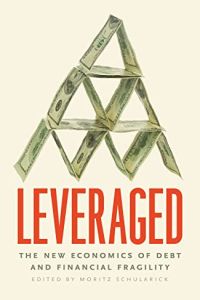









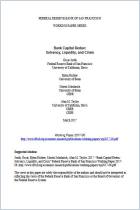
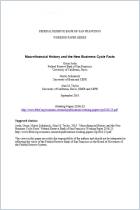
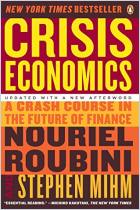
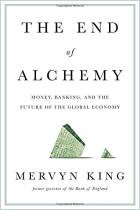

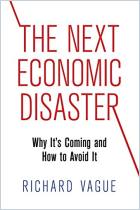
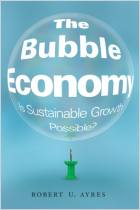
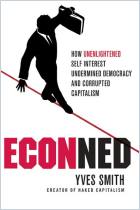



Comment on this summary or Начать обсуждение
In the wake of this tumultuous year, Leveraged: The New Economics of Debt and Financial Fragility, edited by Moritz Schularick, navigates through the complicated landscape of debt and its relationship to financial stability. Elgar (forthcoming 2022) The contributors to this book — a mixture of economists and financial experts — offer a multi-disciplinary view on the complicated nature of leverage in contemporary economie
Leverage and Financial Crises
The book goes on to explain how exorbitant debt, or leverage, has been an essential factor in past financial crises. The first point above is why many including the have taken a look at past financial collapses such as the 2008 global financial crisis, and the only real conclusion is that in the absence of any solutions to the aftermath of the crisis, there are some changes that should be made to our economic system or we will continue to suffer dire consequences.